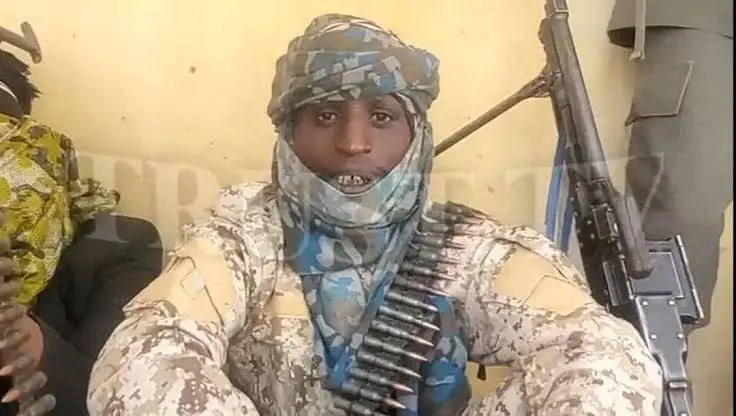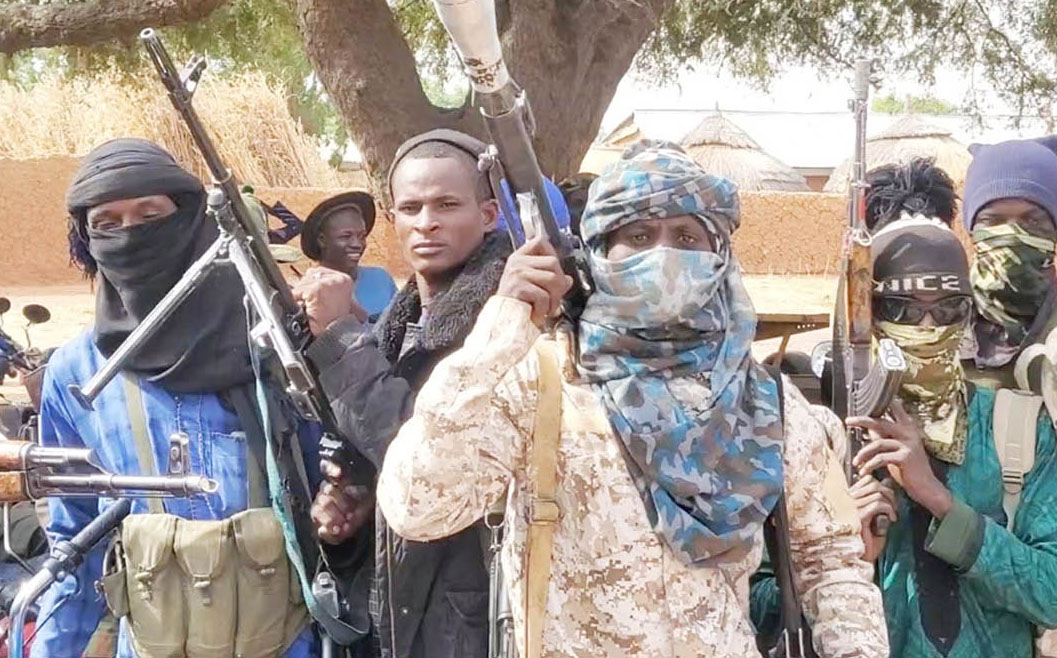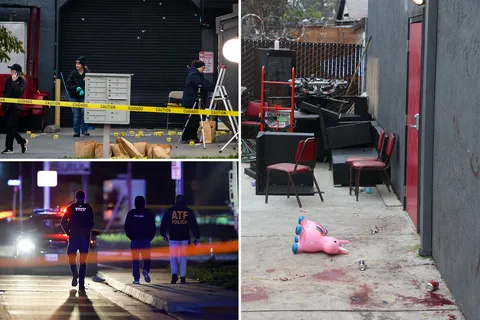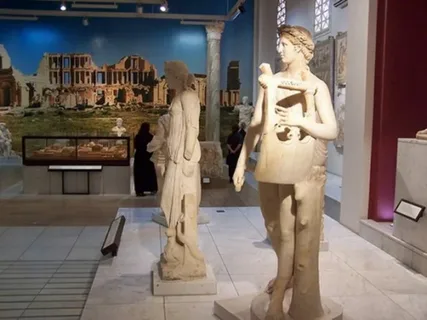In a surprising turn of events in Nigeria’s northwest, feared bandit kingpin Bello Turji has reportedly released 32 kidnapped hostages and surrendered a cache of weapons following a series of peace discussions with Islamic scholars in Zamfara State.
The development emerged after a delegation of respected clerics engaged Turji and several other notorious figures in Shinkafi Local Government Area, particularly the Fakai forest, which has long served as a stronghold for armed groups operating in the region.
During a recent Islamic gathering in Kaduna, prominent cleric Sheikh Musa Yusuf Asadus-Sunnah, who led the peace mission, confirmed that the discussions held with Turji and his allies yielded early results. The hostages—many of whom were women and children—had been in captivity for several months. Some had reportedly given birth while in detention, while at least one was treated for a snakebite before the release.
The cleric disclosed that 32 captives were released in total, and the bandit group handed over a number of AK-47 rifles and other weapons as part of what was described as the first step in a three-phase disarmament plan. According to Yusuf, Turji expressed readiness to embrace peace if it was pursued through dialogue rather than force.
Other known figures present at the meeting included individuals referred to by their aliases—Dan Bakkolo, Black, Kanawa, and Malam Ila. Contrary to earlier reports suggesting otherwise, Sheikh Yusuf clarified that Dan Bakkolo was alive and participated in the discussions.

Key Outcomes of the Peace Talks:
- Weapon Surrender: Turji handed over a portion of his arms stockpile to show commitment to the peace initiative.
- Hostage Release: 32 people, mostly abducted from villages in Zamfara and neighbouring Sokoto, were freed without ransom.
- Community Access Restored: Residents were allowed to resume farming activities across the river previously marked as a no-go area.
- Agreed Phases of Peace: The clerics negotiated a multi-stage process where more arms may be surrendered and more captives released gradually.
According to the clerics, farming activities have already resumed in parts of Shinkafi, particularly areas around the Fakai forest, indicating a temporary return to calm. Community members who had abandoned their land due to persistent attacks are reportedly back to their fields.
However, the clerics also made it clear that a full surrender of arms was not requested immediately. The reasoning, as explained by Yusuf, was to prevent Turji and his group from becoming vulnerable to rival armed factions who are not part of the peace process. The dialogue team advised that such full disarmament could only happen with more robust state involvement and protection.
In addition, Yusuf called on other clerics and public figures to avoid provocative statements or media commentary that could disrupt the delicate truce being brokered. He emphasised that the peace process remains informal and driven by community-level actors who are seeking alternative solutions in the absence of strong government control.
The move has drawn quiet support from certain quarters of the government. Yusuf mentioned that the efforts have been communicated to President Bola Tinubu, National Security Adviser Nuhu Ribadu, Zamfara State Governor Dauda Lawal, and Senator Shehu Buba, all of whom reportedly expressed support for non-military peace-building strategies in volatile regions.
Turji has long been one of the most feared names in Nigeria’s banditry landscape. His group has been linked to several deadly attacks, mass abductions, and rural displacements across Zamfara, Sokoto, and parts of Katsina State. Security forces have previously made attempts to eliminate him, including military airstrikes and intelligence-led raids, but with limited long-term success.
This recent surrender of arms and release of hostages is the first public sign of any willingness by Turji to negotiate and could signal a potential shift—though experts and local observers caution against over-optimism. Without a comprehensive disarmament framework, amnesty plan, and state-led engagement, any gains could quickly unravel.
No official statement has been released by the Nigerian military or federal security agencies as of press time. However, community sources suggest that the peace effort is ongoing and could include further meetings in the coming weeks.
For now, the release of 32 people and the limited handover of weapons mark a notable moment in a region plagued by insecurity. The coming days will determine whether the fragile truce holds or collapses under the weight of competing interests and decades-old grievances.







